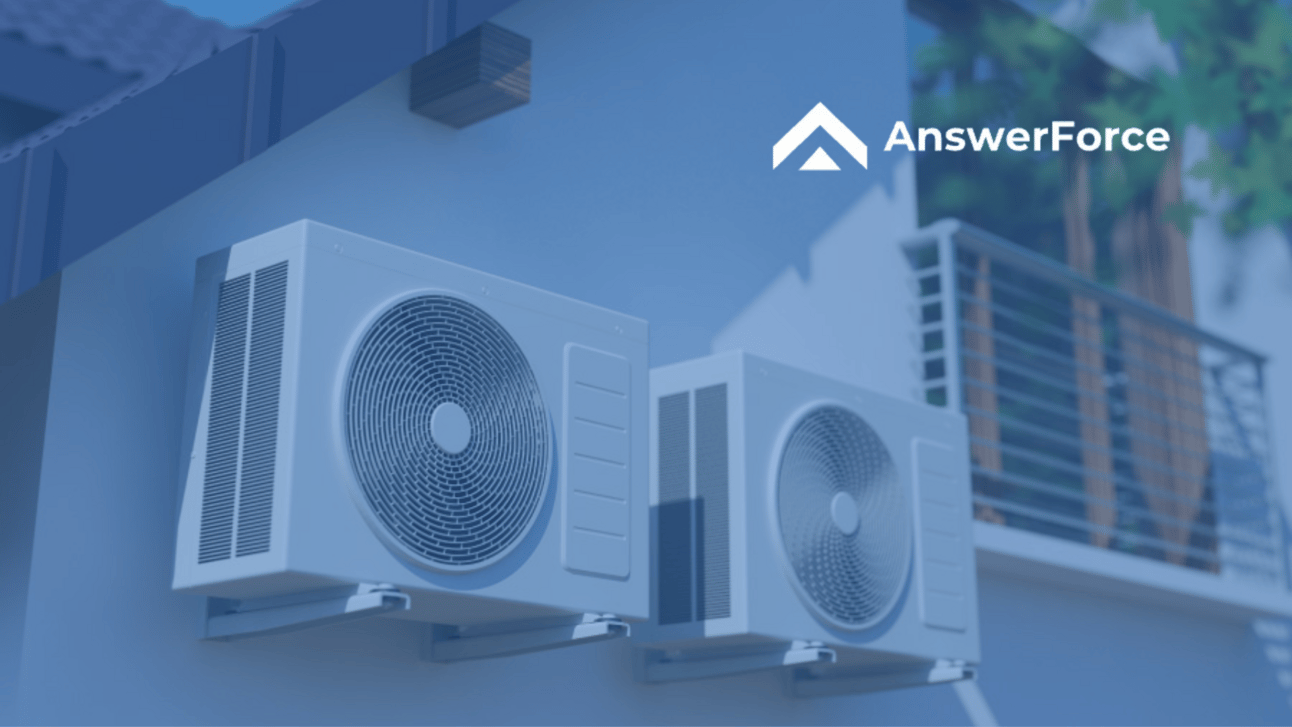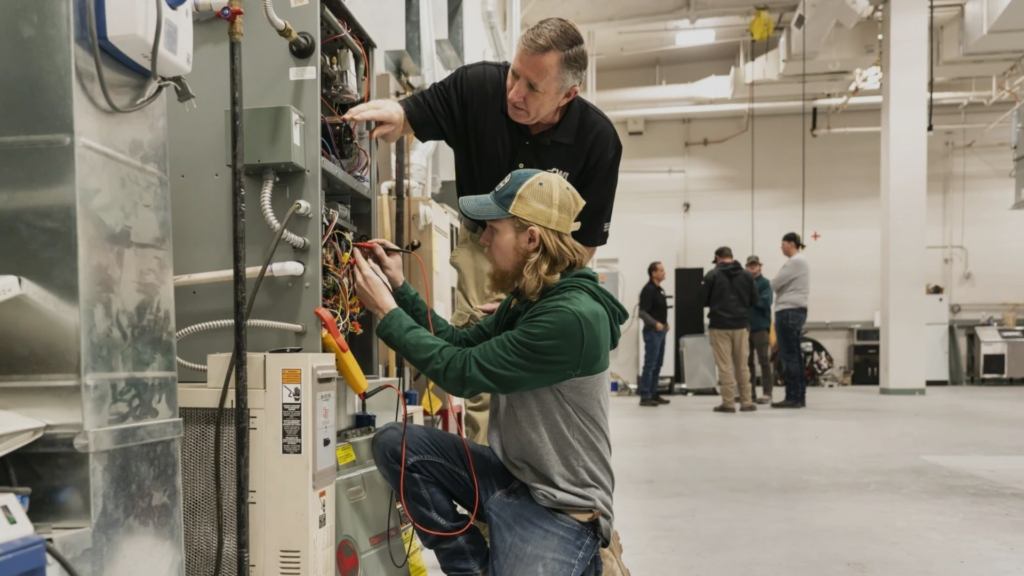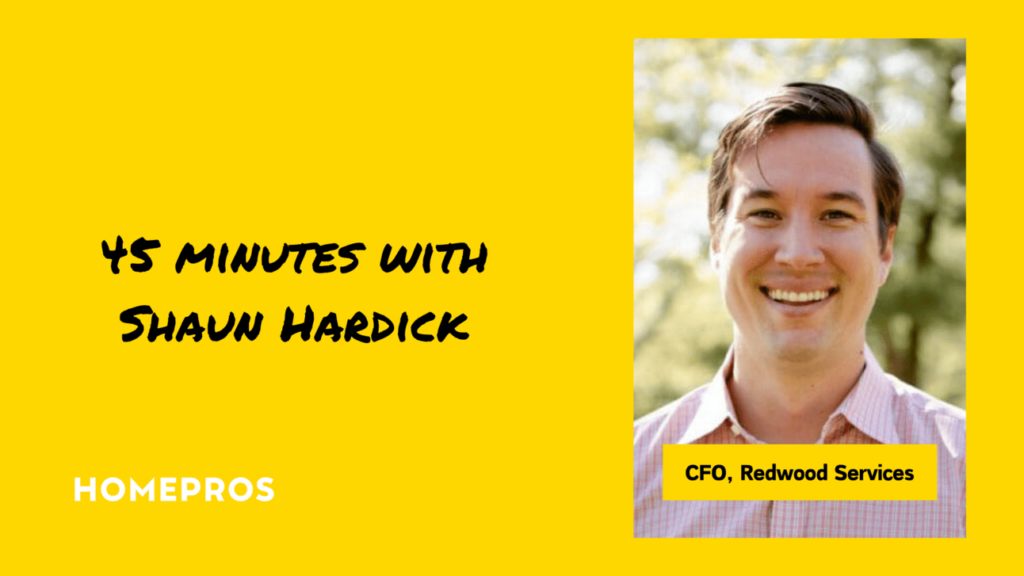Q&A: The benefits of remote CSRs with AnswerForce
As a business owner, you’re practically a superhero. But unfortunately, you and your team can’t be awake 24/7

Logo: Property of AnswerForce
This story was written in partnership with AnswerForce. Learn more
As a business owner, you’re practically a superhero. But unfortunately, you and your team can’t be awake 24/7.
Enter AnswerForce, which ensures contractors stop missing calls by deploying U.S.-based virtual receptionists to answer calls round-the-clock, qualify leads, and then pop them into your CRM.
To chew on why it matters, I caught up with AnswerForce’s Shanna Ross. Below is our conversation, lightly edited for clarity.
How does AnswerForce view the problem you’re solving?
One of the problems is that it doesn't matter how phenomenal of a business owner you are, you’re still limited. You cannot be truly available 24/7 and handle everything. You can't be out there fixing issues and answering calls.
[What] we solve is giving them the ability to do what they're great at, while we're answering those calls. It gives them peace of mind that every call is being answered, whether it's 2 am or Christmas Eve.
Can you give me a specific example of how you work with contractors?
If our agents are trained to follow contractors’ scripts, and those scripts are geared toward scheduling appointments, then that's what they're going to do. If they don't schedule that appointment, they’ll put in why — maybe the available slots didn't work for that person or they had questions prior to scheduling. But if we didn’t schedule, you’ll see the ‘why’ behind it.
Where are your agents based?
They're spread across 16 states within the U.S., and then we have overflow in the U.K. and Canada. Everyone is a direct employee; we don’t subcontract anything out.
Why do you think all of this matters to contractors?
I’ve heard so many business owners say, ‘I'm not missing that many calls. This is just a backup.’ Next thing you know, I'm looking at their account after a month, and they've gone through 500 minutes when they thought they only did 100. So I think a lot of people don't realize how many calls they’re missing.
They spend all this money on Local Services Ads and they just kind of think it's going to work. [But] it doesn't unless they have somebody answering those calls — otherwise, they're wasting those marketing dollars.
What is one of the first things you do when a new contractor comes on board?
A lot of times, especially if they've never used an answering service before, it feels overwhelming, and they don’t want to build a script. So we’ll start with a template based on their industry and work with them to build it. We’ll cover the verbiage and questions they want to ask and work together so that we become an extension of their brand.
How do you handle owners who are skeptical about answering services?
We hear that all the time because your business is your baby, and it can be scary to put your livelihood in somebody else’s hands. So I’d suggest just starting with after-hours — or using us over the holidays.
But I’d also ask if they’re more fearful of what could happen when somebody else is answering their calls, or what's going to happen if nobody answers those calls.
Do you work within contractors’ CRMs?
To an extent. We have integrations as long as that CRM has an open API. Basically, we do a one-way sync to push that lead data in there.
AI is a hot, disruptive topic when it comes to call centers. What’s your perspective on that?
It’s the power of people. AI can’t currently show empathy the way a person can. There's absolutely room for technology but I think you need some marriage — a balance to have the best possible client experience.
For contractors thinking about AnswerForce, what else is important to know?
Every business wants to grow, but that takes training and maintaining staff. Being able to offload calls to a service like ours gives you the ability to grow. You don't have to train these people, and you don't have to pay for their health insurance or breaks.
And let’s say you hit 100% call usage with us. You can go in there yourself and dial up your plan, and we'll get people to extend their shifts or offer overtime. For example, we have a ton of agents in Florida and North Carolina, and when those hurricanes hit, we staffed up our other areas so that we could have coverage.
Not only to handle more phone calls but also in case those agents lost power or internet and couldn’t work. The fact that our agents are spread across time zones really helps us with scalability.
📬 Get our stories in your inbox
Keep reading
Buy Now, Pay Later enters the HVAC chat
November 20, 2023
HVAC groups monitor workforce development changes
Two workforce development initiatives that impact how the industry recruits and develops talent could face changes under the new Congress
45 minutes with Redwood Services CFO Shaun Hardick
December 21, 2023


